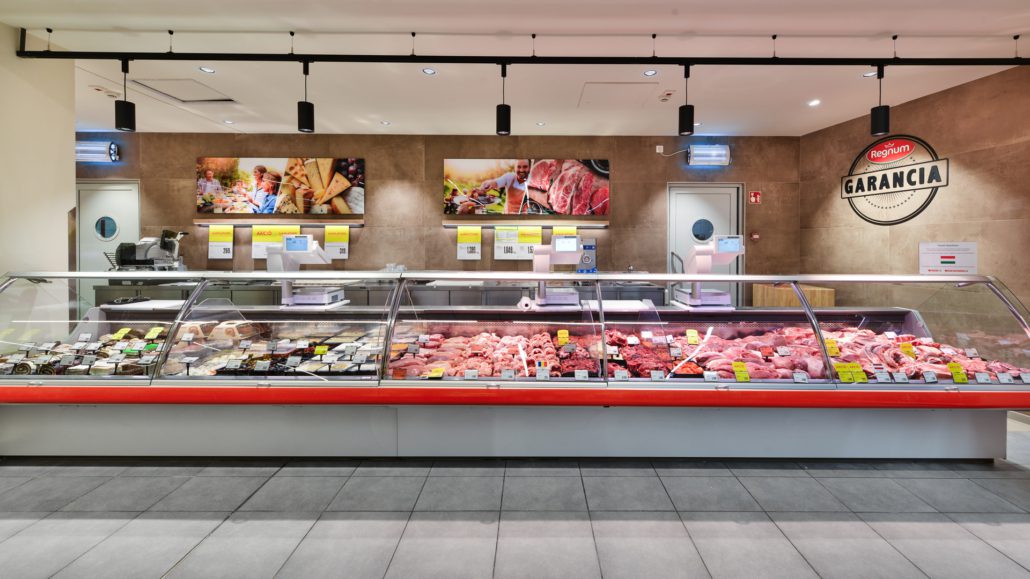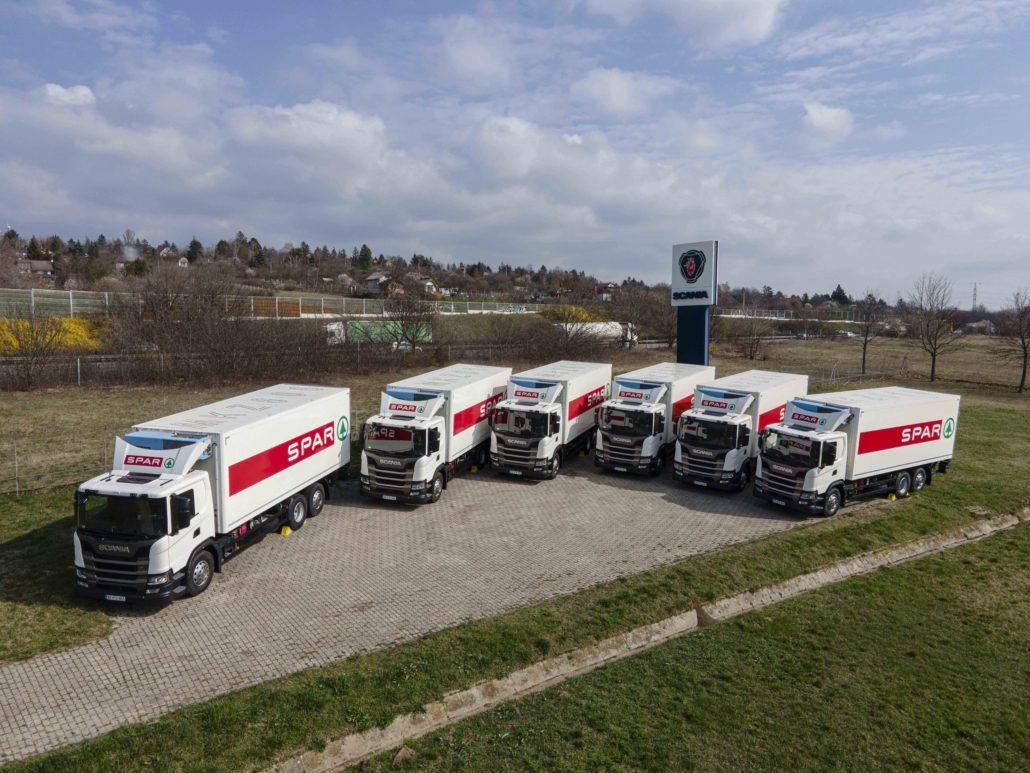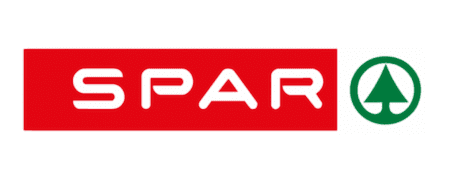SPAR’s recycling solutions enable significant savings
In line with its sustainability efforts, SPAR Hungary has launched innovative initiatives in the field of recycling. This has enabled the company not only to reduce costs, but also to reduce the amount of waste generated.
“SPAR Hungary allocates significant resources to renovate its existing stores every year, so that customers can enjoy the highest quality service in an aesthetic and comfortable environment. In line with this approach, we modernised several stores in 2024, during which, in addition to modernisation, operations became more sustainable. During the modernization process, we try to assess which of the previous furniture and equipment we can continue to use in the future, in the spirit of cost efficiency. In addition, we also want to run our logistics processes, one of our biggest daily tasks, as sustainably as possible, which is why, for example, we recycle equipment, increase efficiency with a circular economy pallet reuse scheme and minimize the environmental impact,” explained Márk Maczelka, head of communications at SPAR Hungary.
Most of the old furniture will not become waste
Environmental awareness is an important aspect when modernizing SPAR stores, so the company renovates, transforms, and rebuilds the furniture and equipment that can still be used in the renewed environment. This is what it did in the case of the hypermarket located on Balatoni út in Székesfehérvár. As part of the renovation costing more than 1.2 billion forints, modern refrigerator units were installed in the shop floor, but several units were repurposed from previously used materials. In the case of the SPAR supermarket, which opened in the centre of Békéscsaba on the site of a former commercial facility and cost 212 million forints, all the previous furniture was preserved, which, when renovated, fits into the standard, sophisticated environment.
Furniture that cannot be used in the modernisation process will be used by a new owner after sale, and that which condition does not allow for further use will be properly disposed of according to current waste management regulations.

New trucks with recycled refrigeration units
In February 2024, SPAR Hungary’s truck fleet was expanded by six new 24-tonne trucks. The chassis of the newly purchased vehicles were equipped with refrigeration units dismantled and then renovated from older trucks. The implementation of the cost-effective and environmentally conscious solution was preceded by a thorough survey and planning, and after the idea proved feasible, the trucks which were rebuilt with renovated structures were put into operation. The company was able to achieve cost savings of more than 60% when compared to the price of new units.

CHEP’s circular pallet rental system generates 26 tonnes less waste
SPAR Hungary has been working with CHEP Hungary Kft. since 2001, which operates a pallet rental system. The aim is to ensure that pallets rotate in a circular manner in the supply chain, thereby increasing efficiency and minimising environmental impact. The pallets are rented from CHEP by the supplier partners, then the products placed on them are delivered to SPAR warehouses, and finally the empty pallets are collected by CHEP from the warehouses. After the pallets are inspected and repaired, they get sent back to the supplier companies, thus making the process circular. The advantage of the CHEP pallet rental system is that no member of the supply chain must buy and keep pallets in stock, nor does it have to bother with replacing them at the transfer points. In 2024, more than 334,000 CHEP pallets arrived at SPAR warehouses, significantly contributing to increasing efficiency.
The system is extremely beneficial in terms of environmental sustainability: CHEP pallets continuously flow through the supply chain, new pallets do not have to be purchased and manufactured again, so fewer trees are cut down. In SPAR’s case this meant 273 trees saved in 2024. In addition, trucks travel shorter distances due to the lack of pallet exchanges, which resulted in cutting approximately 329 tonnes of carbon-dioxide emissions last year. Due to the fewer pallets used in the circular system, the amount of scrap is also lower, so according to calculations, 26 fewer tonnes of waste is generated annually.


